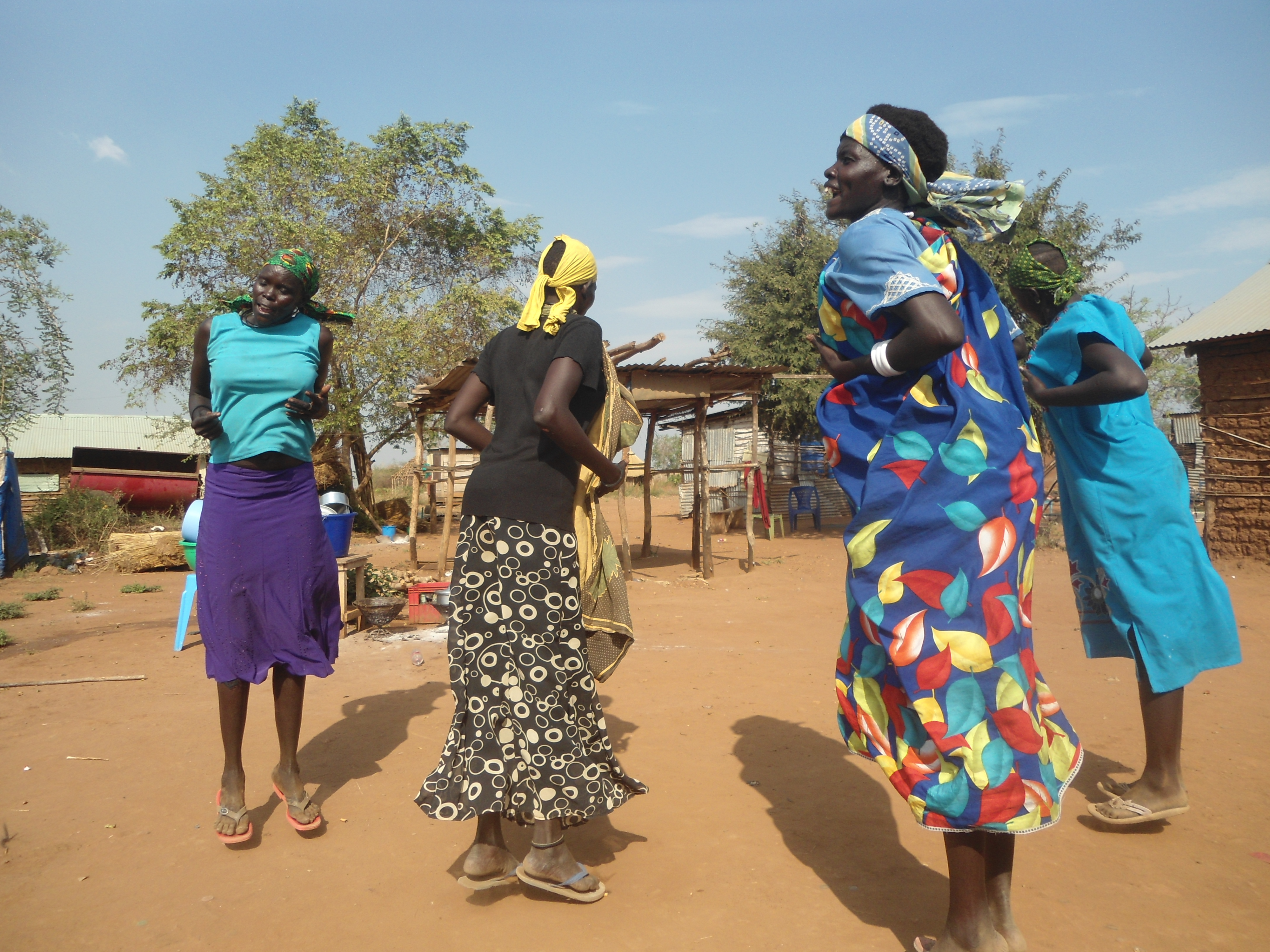Juba – South Sudanese women have been told to expose Gender Based Violence (GBV) by reporting cases to the public, especially law enforcement agencies and community leaders.
The call was made during the launch of a social norms marketing campaign by the International Rescue Committee (IRC) at Nyokuron Cultural Centre, attended by civil society organizations, women, and national and state government officials.
Gender based violence is considered a serious crime which according to Moses Majok, a police officer with the national police service, is against the rights of women.
“It breads conflicts in homes. The South Sudan National Police Service will try its best to aggressively respond to GBV and child trafficking, to bring equal rights to all.”
He announced the establishment of a special unit at the national police service and encouraged women not to suffer in silence but report abuses to the unit for prosecutions to take place.
Majok also called for communities to shun certain harmful traditional practices like the early child marriages common in most societies, as well as female genital mutilation (FGM).
Most communities in South Sudan tend to marry off their younger daughters to wealthy people regardless of their approval.
Almost half of all South Sudanese women and girls between ages 15 and 19 are married, some as young as age 12, according to Human Rights Watch in 2014.
Many families in South Sudan see child marriage as a means of accessing cattle, money, and other gifts by transferring wealth through the traditional payment of dowries.
Considered by the UN and others to be an egregious violation of women and girls’ human rights, child marriage in South Sudan is held to exacerbate the country’s high levels of poverty, low levels of literacy, pronounced gender gaps in education, and soaring rates of maternal mortality—currently among the highest in the world.
The director general of gender and child welfare at the National Ministry of Gender, Child and Social Welfare, Regina Ossa Lullo, said the days of activism against GBV in the country should continue beyond those globally set aside.
She said that the women who make up 49 percent of the population of the country are marginalized in their social and economic situation and are unable to contribute to socio-economic development of South Sudan.
Ossa told women not to give up but to fight for their rights, calling for the eradication of social injustices suffered by women.
“No woman should give up fighting for her rights. We must do more to combat violence, brutality against women wherever and whenever it occurs,” said Ossa.
According to her, one in three women nationwide experiences violence in her life. “Violence knows no religion. Family, community and the entire country suffers. Preventing, showing respect and responsibility is the only way for peace and prosperity.”
She said the ministry is developing a standard operating procedure which is still in draft form, and once passed it will be rolled out to the states in order to mitigate GBV.
Ossa added that prevention of violence against women requires an integrated approach by all in the society, including government institutions.
The director cited an example of a young girl of 14 who was sent to a shop at 8 p.m. by her parents and was brutally raped by an adult and three young men.
She added that especially during the war time women experience physical violence which she said amounts to violation of human rights, stating, “Sexual violence will not be tolerated now and forever.”
IRC Women’s Empowerment and Protection Senior Manager Pamela Tuiyott said the campaign targets the police, elders, and aims for survivors of violence to speak up.
Tuiyott also said the campaign targets behavioral and social change in communities and is aimed at ending violence against women.
By Moi Julius
Link
